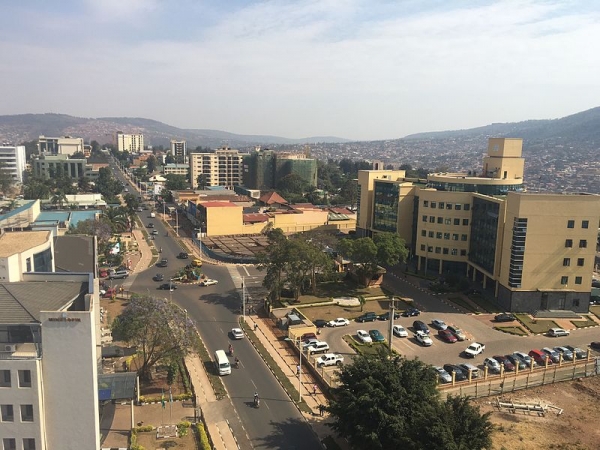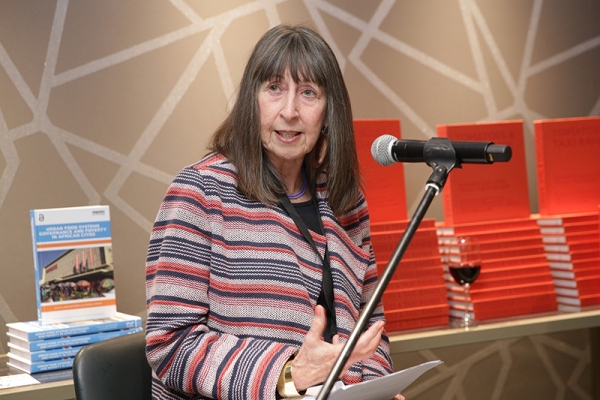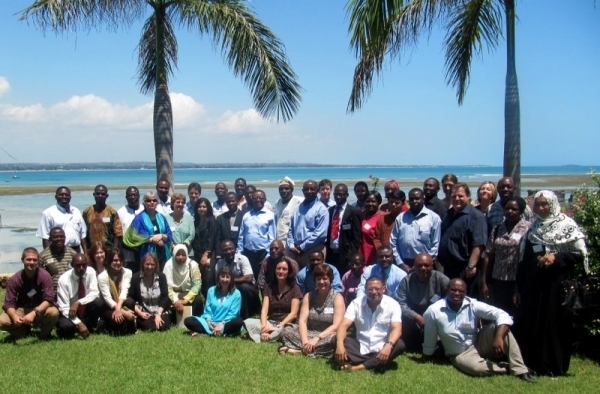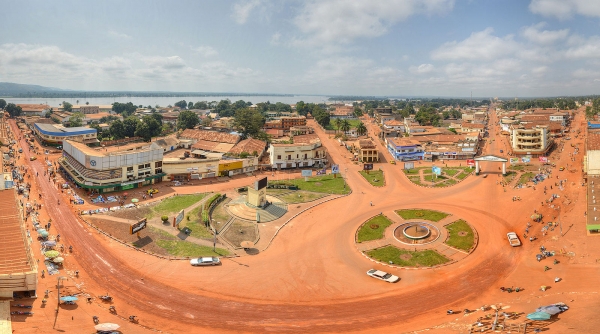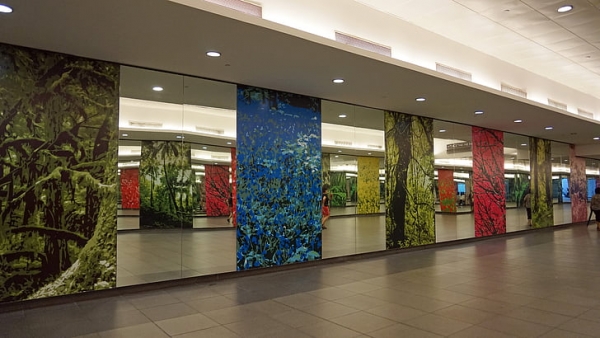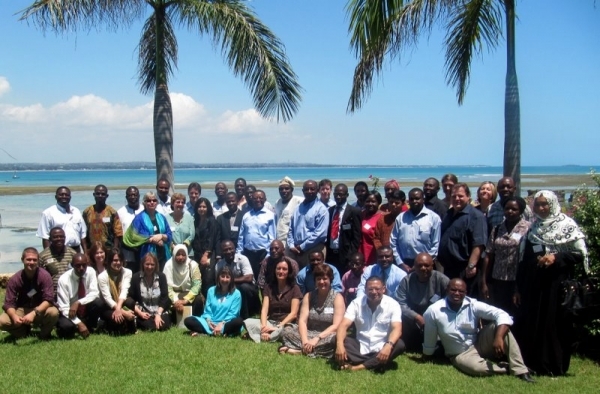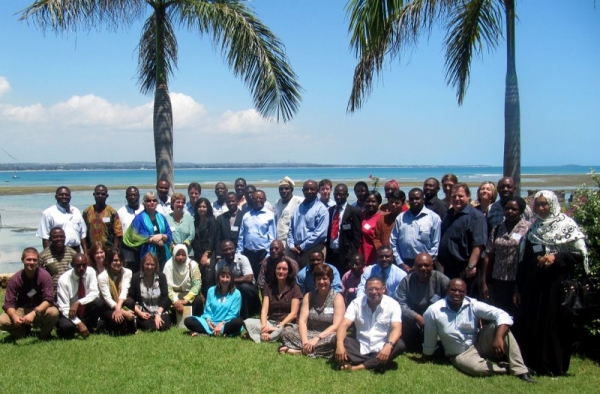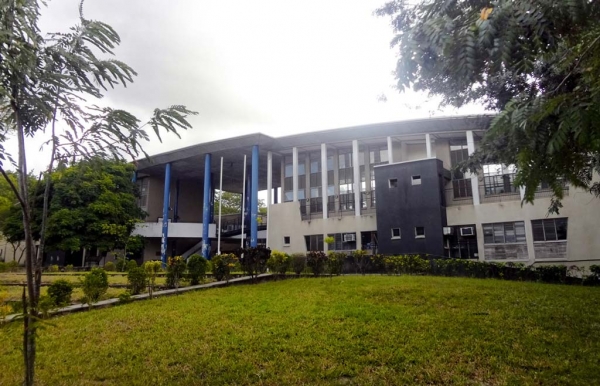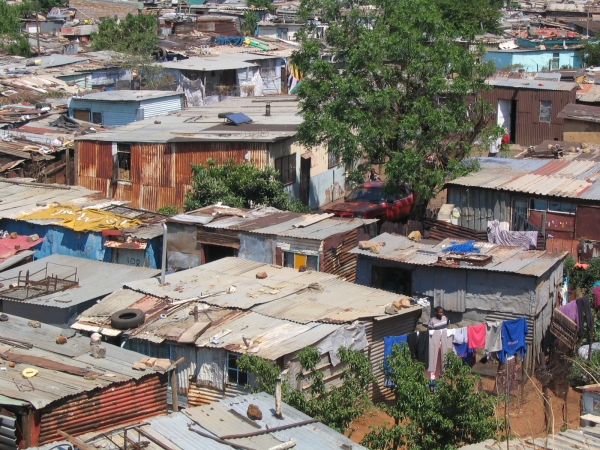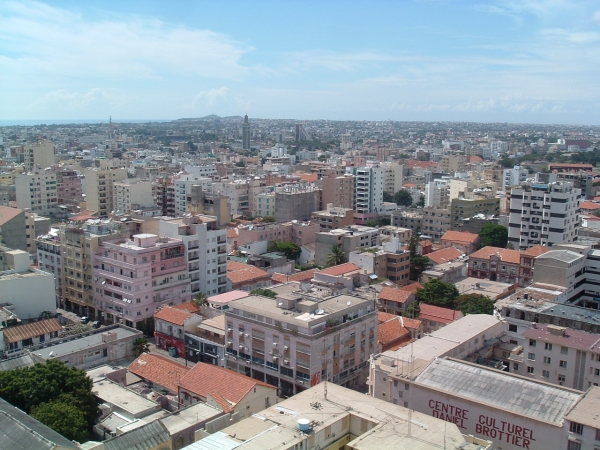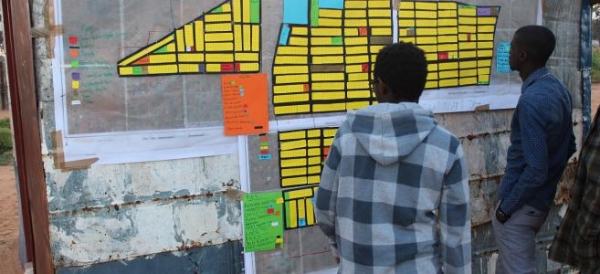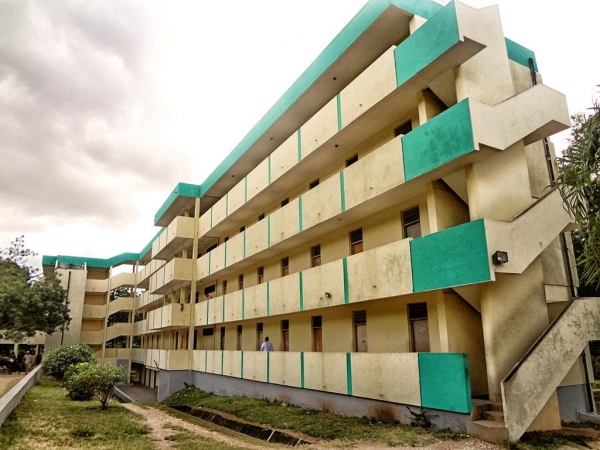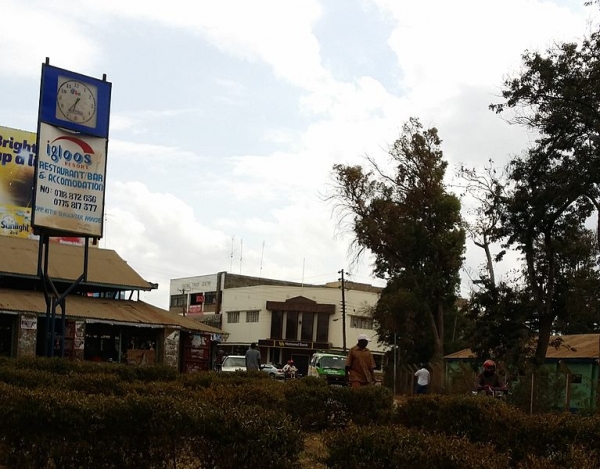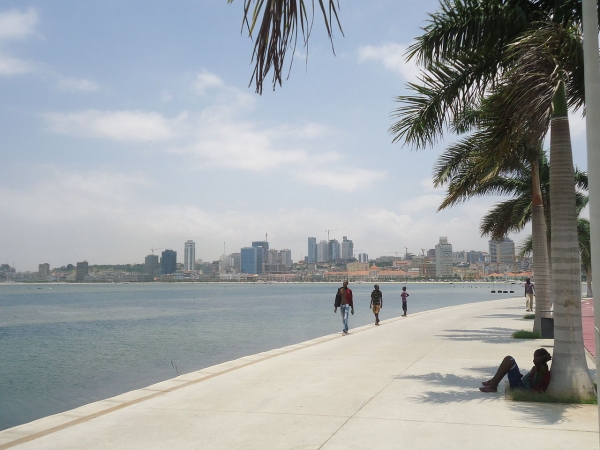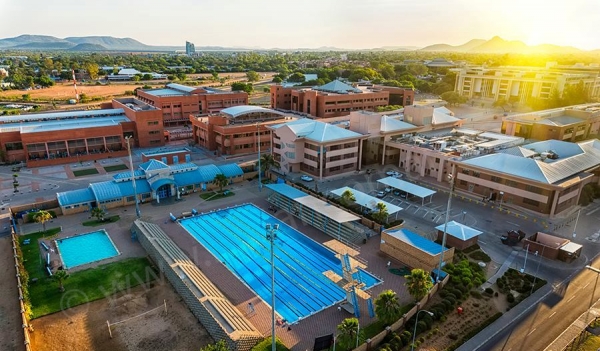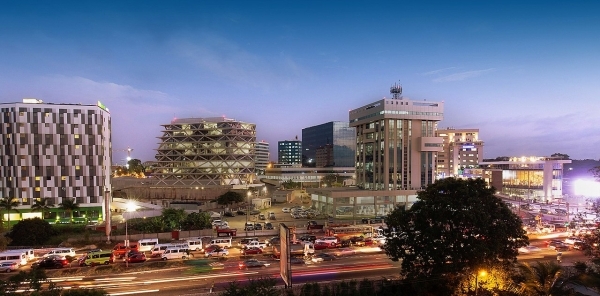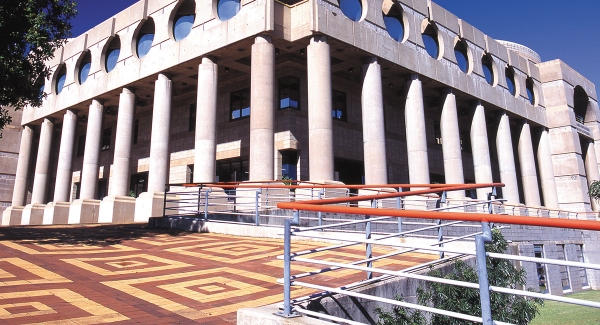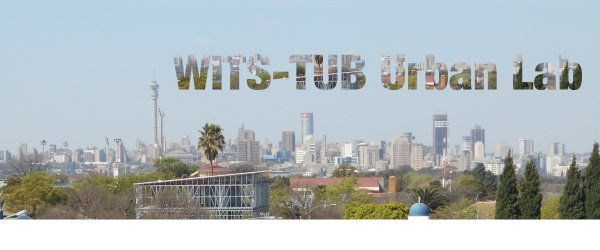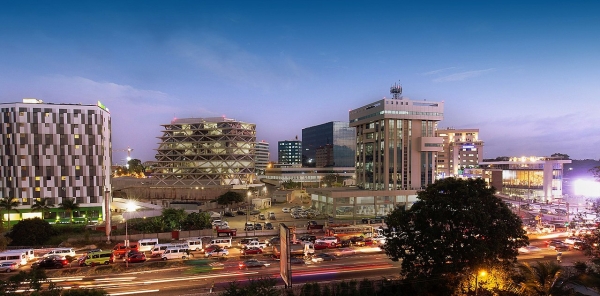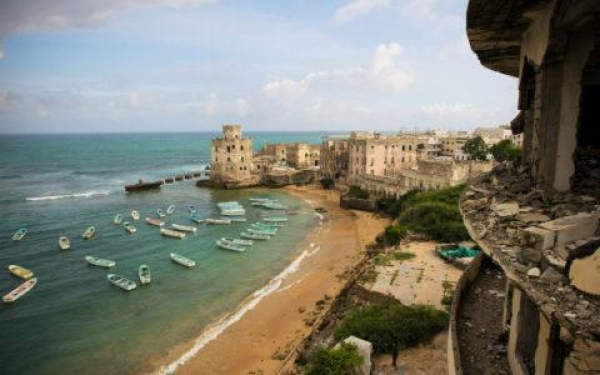As part of broader efforts to develop collaborative learning across the continent, the Situated Urban Political Ecology collective and Urban Action Lab at Makerere University will be hosting a workshop on urban infrastructures in Africa from 12 to 15 November, 2018.
Scholars and practitioners are increasingly grappling with alternative modes of infrastructure provisioning. This is motivated by scholarly interest in everyday infrastructural practices and politics, as well as concerns about the economic, environmental, social and political viability of universal and uniform infrastructure networks. In theory and practice, this is challenging existing urban theorization, political agendas and infrastructure provision.
The multiplicity of infrastructures undoubtedly creates challenges for both our scholarly generalization and normative practices. While there has been a growth of scholarship, much of this is case-based and descriptive, usefully focused on what is there and how it works.
At this workshop, we will seek to develop new research questions, outputs and networks with the aim of thinking through the heterogeneity of infrastructure provisioning in cities across sub-Saharan Africa (see e.g. Lawhon et al., 2018; Monstadt and Schramm, 2017; Jaglin, 2016; please contact us at situatedupe@gmail.com if you have difficulties accessing any of these materials). We are interested in thinking beyond individual artefacts towards understanding dynamic configurations of people and technology. Key questions might include:
- How does/might socio-technical and urban heterogeneity shape user practices, experiences and everyday urbanisms?
- How does/might heterogeneity enable or restrict specific managerial and governance approaches to the urban?
- How are standardization and (in)compatibility challenges addressed by decision-makers, and with what impacts?
- How does/might heterogeneity shape responses to disruption, displacement and future uncertainty and what risks emerge in heterogeneous contexts?
- How does/might heterogeneity shape politics and (re)distribute power?
With this in mind, we are hosting a four-day workshop (including both early career and established researchers). We will request short papers (3000 to 5000 words) to be submitted and circulated by 1 October, 2018. Workshop sessions will explore these pre-read papers through facilitated conversation, with discussants drawing out the key debates from the contributions. Participation in the workshop will thus require a submitted paper and reading of all our colleagues' work in the run-up. Day one will also include optional field visits and an opening plenary.
There is no cost for the workshop itself. Some funding is available for travel/accommodation (early career scholars from Africa will be prioritized).
To apply, please submit a single pdf by email to SituatedUPE@gmail.com with the subject line ‘Workshop Application’ and comprising: (1) An abstract that specifically addresses heterogeneity in urban African infrastructure; (2) A brief letter of application, including your position and institution, motivation and your own ideal goals for the workshop; (3) A brief statement of research interests, outputs (e.g. relevant publications) and experience; (4) Funding statement (if you are requesting our support, and/or have applications for support received or pending; only limited funds available). Funding status will not impact your application but enable us to move quickly to allocate support.
Applications are due by 30 May 2018.
The event is supported by:
- ESRC, UK (for the project Turning Livelihoods to Rubbish, ES/M009408/1),
- The German Research Foundation (for the project “Translating the networked city”, MO 1804/7-2, under its Priority Programme 1448 “Adaptation and Creativity in Africa”)
- The Swedish Research Council (Vetenskapsrådet, for the project Heterogeneous Infrastructures of Cities in Uganda Project: Thinking Infrastructure with the South; Dnr 2015-03543).
The organizers are also grateful for support from:
African Centre for Cities, University of Cape Town; Department of Geography, Geo-informatics & Climatic Sciences, Makerere University; Department of Geography and Environmental Sustainability, University of Oklahoma; Department of Geography, The University of Manchester; Department of Human Geography and Spatial Planning, Utrecht University; Division of History of Science, Technology and Environment, KTH Royal Institute of Technology; and the Urban Institute, University of Sheffield.
Organizers include: Henrik Ernstson, Peter Kasaija, Mary Lawhon, Shuaib Lwasa, Jochen Monstadt, Jonathan Silver and Sophie Schramm.

